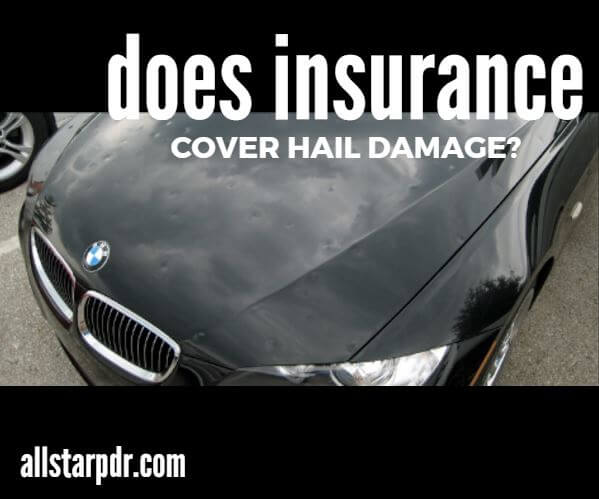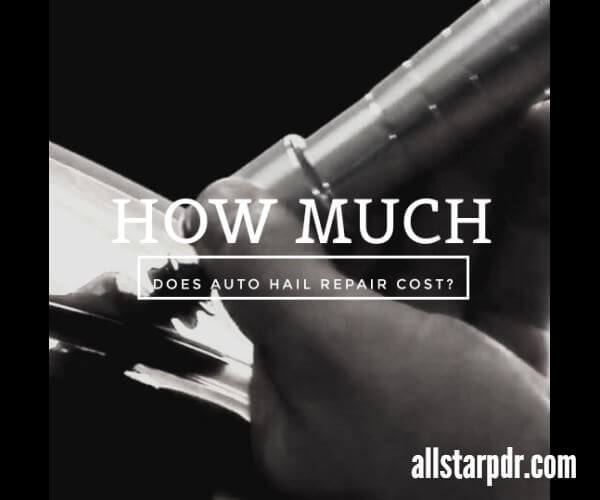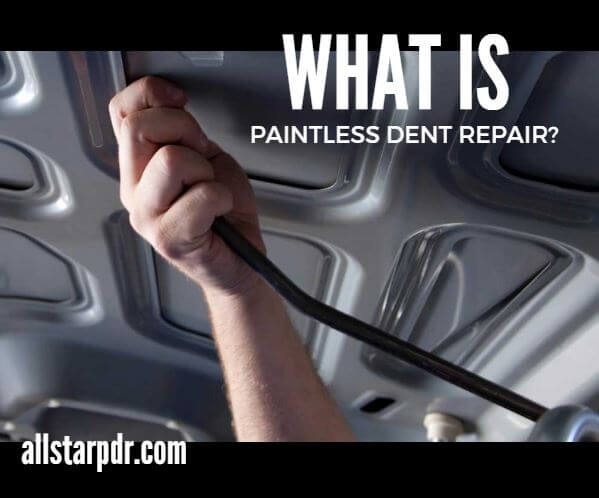
Does Insurance Cover Hail Damage? Comprehensive vs. Collision Coverage
Hail damage claims are pretty straight forward, but every year thousands of hail victims don’t get their car repaired because they think filing a hail claims will cause their rates to go up.
We know from talking to customers, people often get confused by the different classifications of coverage and how their individual policy covers them under different circumstances. Hopefully this will help those with questions better understand the different types of coverage and how each affects you and your rates moving forward.
Collision Coverage:
Collision car insurance refers to protection for your car when it is involved in a crash with another vehicle or a stationary object. Most car crashes and auto accidents fall under this kind of insurance policy. The types of damages include crashing into another vehicle, another vehicle colliding with yours, or ramming into a streetlight, pole, or some other stationary object. It’ll cover the cost of repairs or replacements to your own car (liability coverage and insurance takes care of damages to other people’s property).
Comprehensive Coverage:
Comprehensive insurance is also known as “other than collision” insurance or “OTC”. It covers damage done to your vehicle from things other than collisions, such as: vandalism, disasters, theft, fire, impacts with animals, etc. Comprehensive does not cover any damage as a result of a collision.
Below are a few examples of accidents and mishaps other than collision that are covered by Comprehensive Coverage:
- Natural disasters: storms, tornadoes, hurricanes, earthquakes, hailstorms
- Fire, civil commotions, explosions
- Vandalism and theft
- Damage from impacts with animals (if vehicle parked)
- Falling objects
- Terrorism
- Acts of God
Auto hail damage claims are not your fault and your insurance company will always file it under the comprehensive category when initiating a claim.
If you would like more information about how claims affect your rates, please check out our blog post Will My Rates Go Up?




